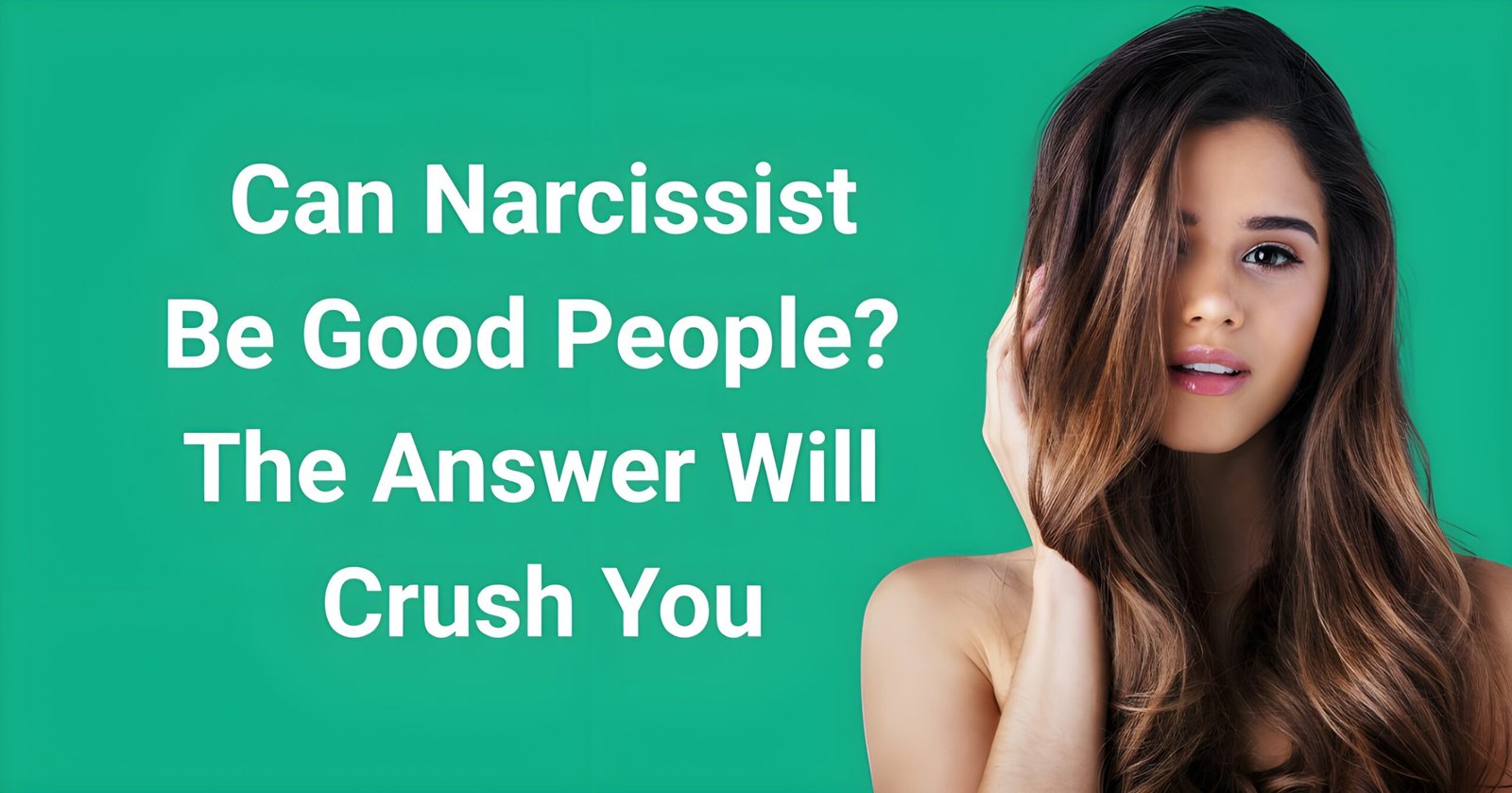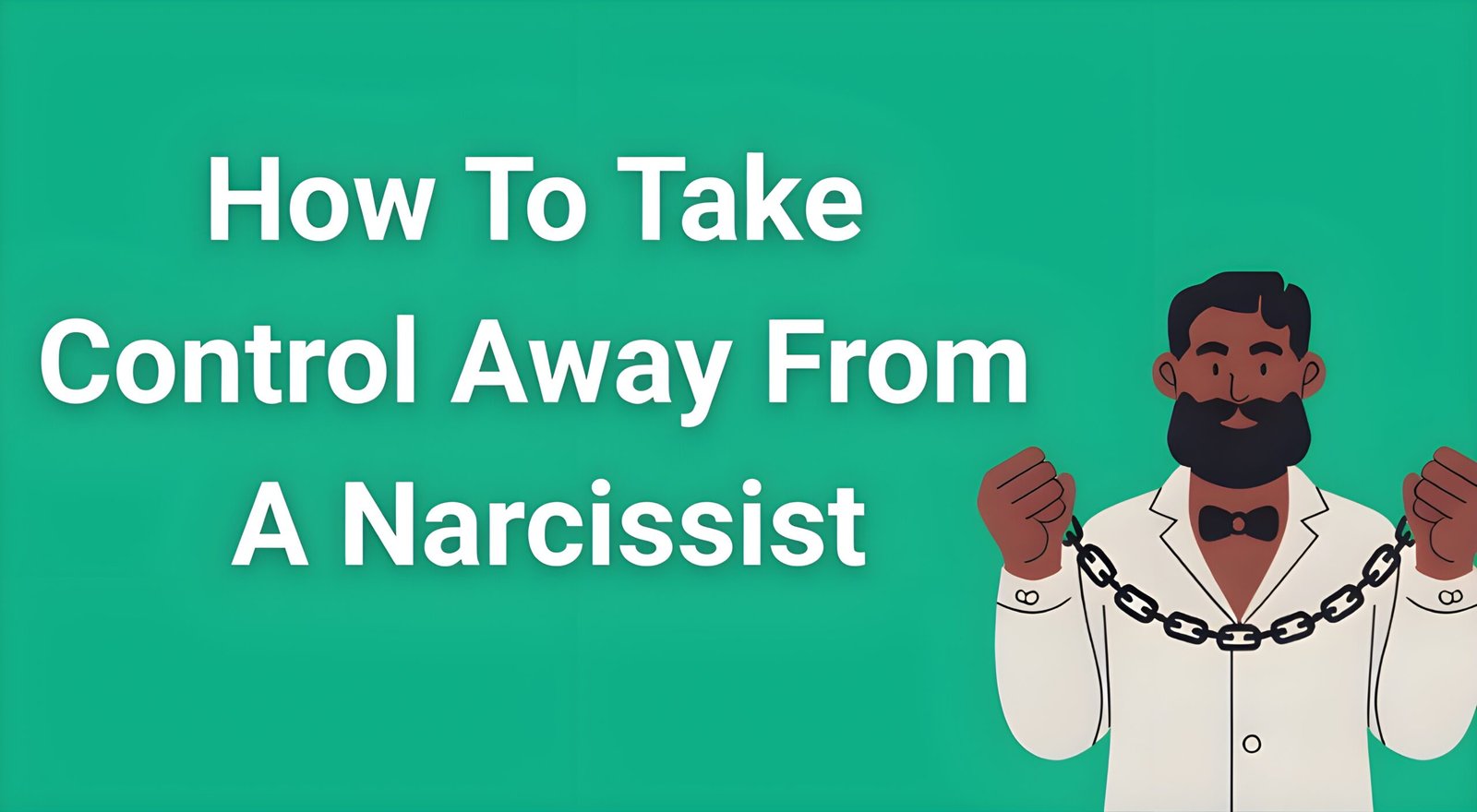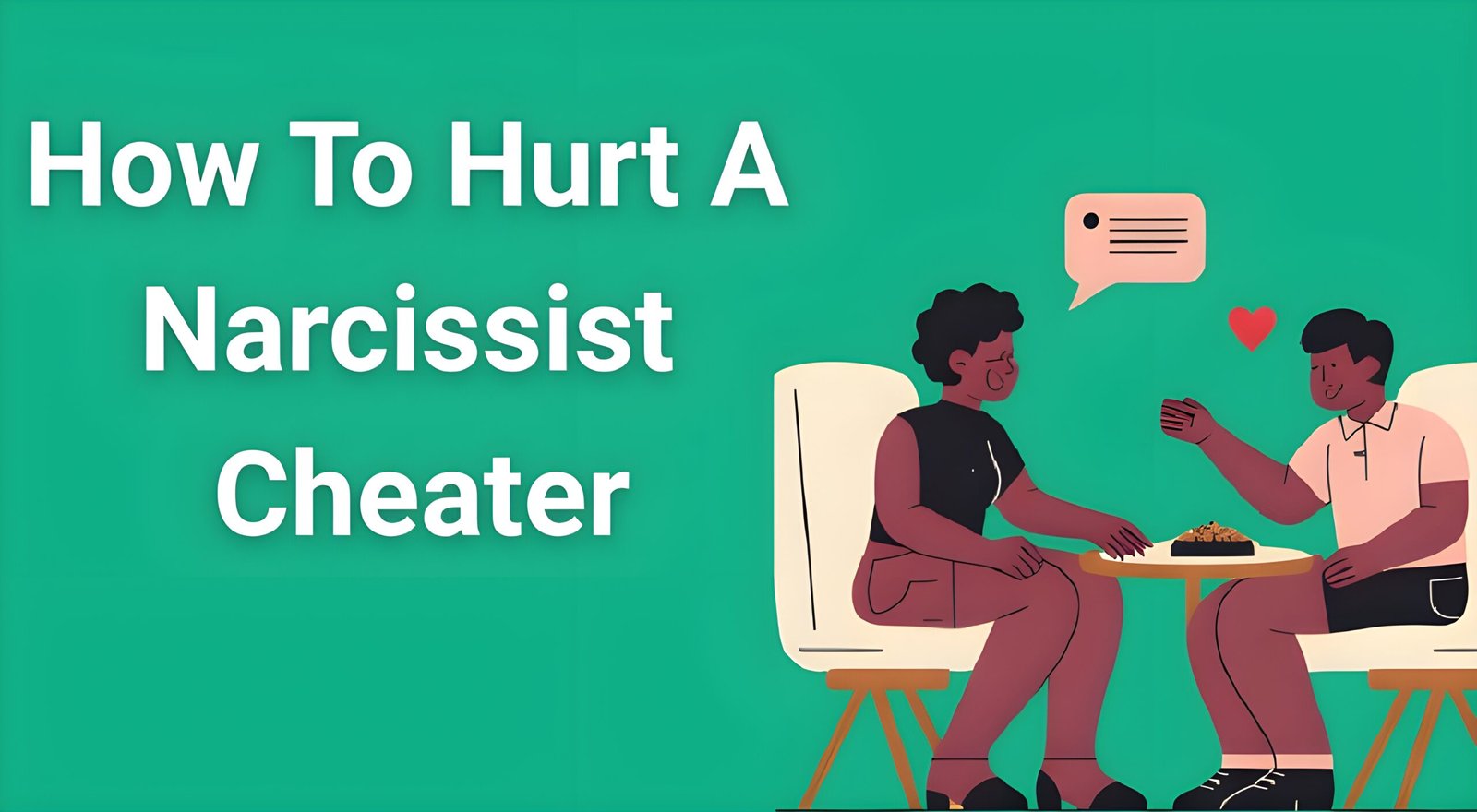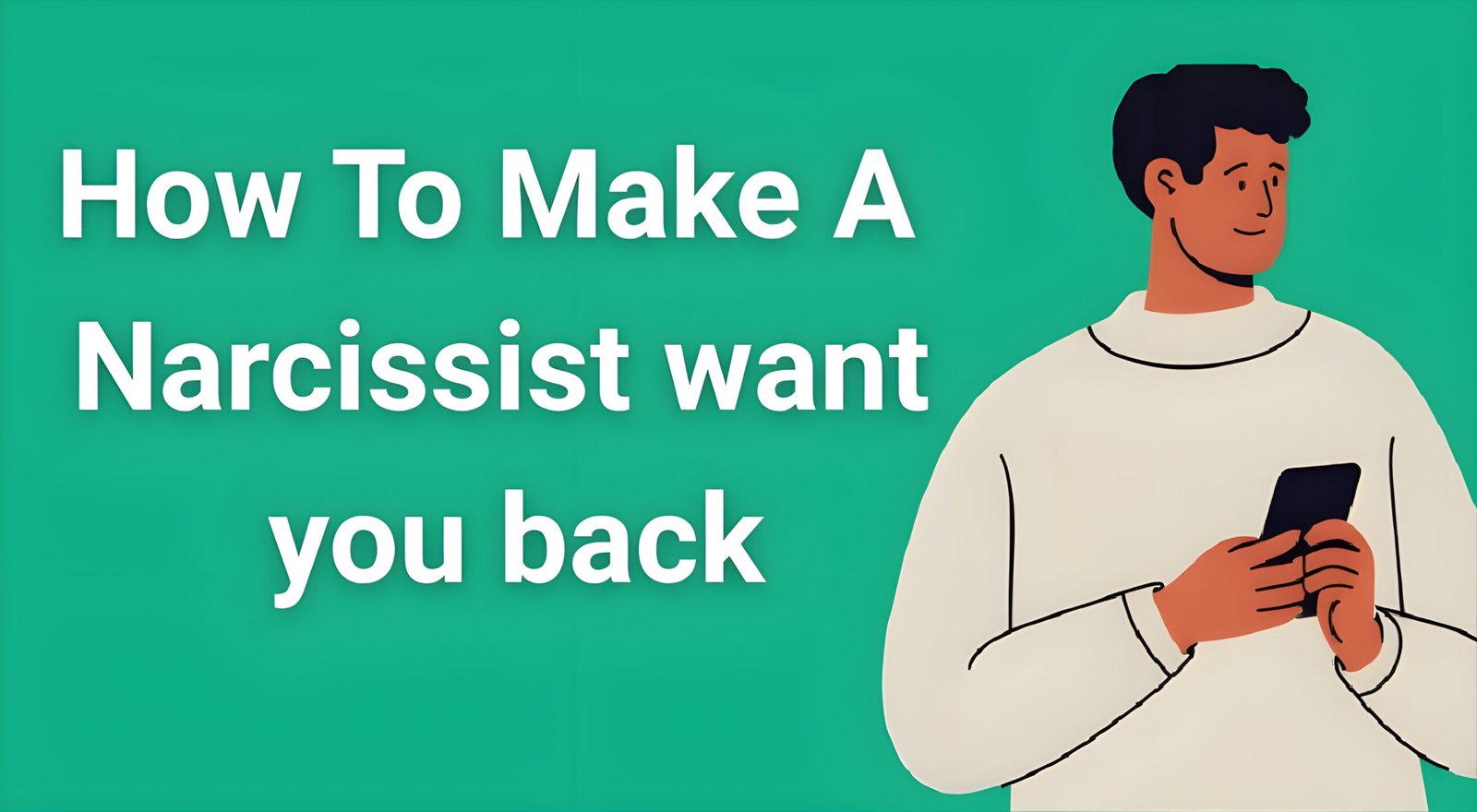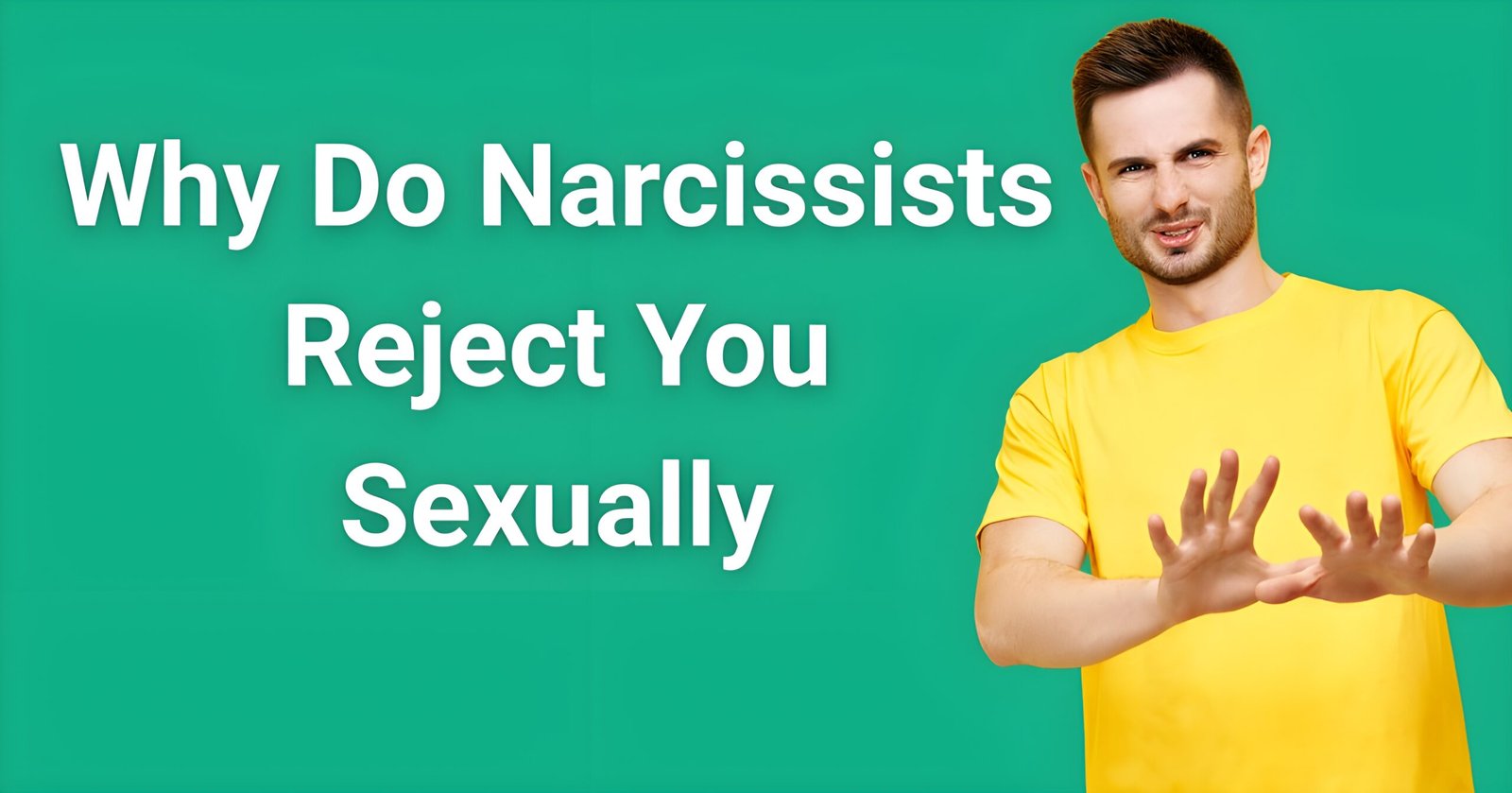Can narcissist be good people? If you’re desperately clinging to this question while your heart breaks watching someone you love hurt others without remorse, you’re about to discover a truth so devastating it will completely shatter everything you believed about human nature, morality, and your own ability to judge character. After helping over 10,000 survivors through my top-ranking Substack newsletter escape narcissistic abuse, I can tell you this answer will either set you free or break your heart all over again.
- The Devastating Reality: Why Can Narcissist Be Good People Is the Wrong Question
- The Neuroscience: Why Can Narcissist Be Good People Faces Biological Barriers
- The Three Types of False Goodness That Answer “Can Narcissist Be Good People”
- The Devastating Impact of Believing Can Narcissist Be Good People
- The Manipulation of Goodness: How They Fake Can Narcissist Be Good People
- The Comparison: Genuinely Good People vs. Narcissistic “Good” People
- The Moral Injury: When Can Narcissist Be Good People Destroys Your Moral Compass
- The Trauma Response: Why Can Narcissist Be Good People Keeps You Hooked
- The Recovery Process: Moving Beyond Can Narcissist Be Good People
- The Truth About Narcissistic Goodness Patterns
- Creating Your Future: Moral Clarity After Narcissistic Confusion
- The Hope Beyond Can Narcissist Be Good People
- The Moral Responsibility: Understanding Can Narcissist Be Good People and Enabling
- Key Takeaways: Can Narcissist Be Good People?
- Frequently Asked Questions
The person you’re thinking about probably shows moments of kindness, generosity, or apparent compassion that make you question whether they’re truly bad. You’ve seen them help others, donate to charity, or perform acts that seem genuinely good. These moments keep you asking “can narcissist be good people” because you desperately want to believe in their fundamental goodness.
As Fahim Chughtai, a Certified Narcissistic Abuse Specialist and founder of NarcissismExposed.com, I’ve witnessed thousands of survivors desperately asking “can narcissist be good people” while trying to reconcile the person they love with the person who causes so much harm. The answer is more complex and more heartbreaking than most people realize.
The Devastating Reality: Why Can Narcissist Be Good People Is the Wrong Question
Can narcissist be good people in the way you understand goodness? This question tortures survivors because it assumes that goodness is simply about actions rather than intentions, empathy, and genuine care for others. In my work helping survivors through my Personalized Narcissistic Abuse Clarity Reports, I’ve discovered that narcissists can perform “good” actions, but their motivations and lack of empathy make true goodness impossible.
When you’re asking “can narcissist be good people,” you’re really asking whether someone with narcissistic personality disorder can possess the moral qualities that define genuinely good people. The painful truth is that their personality disorder creates fundamental barriers to authentic goodness, even when their actions might appear beneficial.
Understanding this distinction is crucial for your safety and sanity.
The Psychology Behind Why Can Narcissist Be Good People Is Impossible
Every time someone asks “can narcissist be good people,” they’re hoping for evidence that the person they care about has a moral core. The truth is that narcissistic personality disorder creates specific psychological barriers that make genuine goodness impossible:
Lack of Empathy: True goodness requires the ability to genuinely care about others’ wellbeing. Narcissists have empathy deficits that make authentic concern for others impossible.
Self-Serving Motivations: Even their seemingly good actions are motivated by self-interest rather than genuine compassion.
Inability to Self-Reflect: Good people can recognize their mistakes and feel genuine remorse. Narcissists cannot engage in the self-reflection necessary for moral growth.
Exploitative Nature: They view relationships as opportunities for personal gain rather than mutual care and support.
The Neuroscience: Why Can Narcissist Be Good People Faces Biological Barriers
Can narcissist be good people on a neurological level? Research in neuroscience shows that narcissists have structural and functional differences in brain regions responsible for empathy, moral reasoning, and emotional processing—the very areas that enable genuine goodness.
Brain Structure Differences That Impact Can Narcissist Be Good People
Anterior Cingulate Cortex: Reduced activity in this area affects their ability to experience emotional empathy and genuine concern for others’ suffering.
Prefrontal Cortex: Abnormalities in areas responsible for moral reasoning and impulse control make the consistent ethical behavior required for goodness extremely difficult.
Amygdala: Dysfunction in emotional processing centers affects their ability to feel appropriate emotional responses to others’ pain or joy.
Mirror Neuron System: Impaired mirror neuron function affects their ability to truly understand and share others’ emotional experiences.
The question “can narcissist be good people” becomes even more complex when you understand that the neurological foundation for genuine goodness is fundamentally different or damaged in narcissistic brains.
The Three Types of False Goodness That Answer “Can Narcissist Be Good People”
Can narcissist be good people in ways that appear genuine but aren’t? Yes, and understanding these false forms of goodness is crucial for your protection when you’re wondering “can narcissist be good people”:
Type 1: Performative Goodness
When people ask “can narcissist be good people,” they often mistake performative goodness for genuine moral character.
What it looks like:
- Public charitable giving with lots of fanfare
- Helping others when it enhances their reputation
- Being kind to people who can benefit them
- Performing good deeds when others are watching
Why it’s not real goodness:
- The motivation is image management, not genuine care
- They only help when it serves their interests
- Their kindness disappears when no one is watching
- They expect recognition and praise for basic human decency
Type 2: Selective Empathy
This false answer to “can narcissist be good people” involves showing empathy only for certain people or situations that serve their purposes.
What it looks like:
- Being extremely kind to some people while cruel to others
- Showing compassion for causes that enhance their image
- Caring about people who reflect well on them
- Demonstrating empathy when it manipulates others
Why it’s not real goodness:
- Genuine goodness is consistent and universal
- Their empathy is strategic rather than authentic
- They turn their compassion on and off based on personal benefit
- Their kindness has strings attached and conditions
Type 3: Guilt-Driven Compensation
When narcissists occasionally feel glimpses of guilt, they may perform good acts as compensation, leading people to wonder “can narcissist be good people.
What it looks like:
- Being extra nice after particularly cruel behavior
- Making grand gestures to “make up” for their actions
- Performing acts of service to assuage their conscience
- Being temporarily generous when they feel guilty
Why it’s not real goodness:
- It’s reactive rather than proactive kindness
- The “good” behavior is temporary and self-serving
- They’re trying to balance out their bad behavior rather than change it
- The underlying harmful patterns continue unchanged
If you’re struggling to identify exactly whether someone’s “good” actions are genuine or manipulative, my Personalized Narcissistic Abuse Clarity Report provides a comprehensive analysis of your unique situation. In 48-72 hours, you’ll receive a detailed breakdown of their behavioral patterns, true motivations, and a custom roadmap for your next steps.
The Devastating Impact of Believing Can Narcissist Be Good People
Can narcissist be good people beliefs keep you trapped in harmful relationships? Unfortunately, yes. The hope that the answer to “can narcissist be good people” might be positive often becomes the psychological chain that keeps survivors attached to abusive individuals.
The Cognitive Dissonance of Hoping Can Narcissist Be Good People
Good vs. Bad Confusion: You see moments of apparent goodness mixed with harmful behavior, creating confusion about their true character.
Excuse-Making: Their occasional good actions become evidence you use to excuse their consistent harmful behavior.
Hope Addiction: The possibility that “can narcissist be good people” keeps you hoping for transformation that will never come.
Moral Obligation: You feel obligated to see the “good” in them, even when it’s harming you.
The Psychological Torture of Seeking Goodness Where It Doesn’t Exist
Chronic Disappointment: Constantly hoping they’ll choose to be good when they consistently choose harmful behavior.
Self-Blame: When they act badly, you blame yourself for not bringing out their “goodness.”
Reality Distortion: You focus on rare moments of apparent goodness while minimizing consistent harmful patterns.
Moral Confusion: Your own sense of right and wrong becomes confused by trying to find goodness in their behavior.
Breaking free from trauma bonds requires more than willpower—it requires a systematic, day-by-day approach that rewires your brain’s addiction pathways. My 30-Day Trauma Bond Recovery Workbook provides the neurologically-based recovery system that treats trauma bonds like the addiction they actually are, with specific daily exercises designed to break the cycle permanently.
The Manipulation of Goodness: How They Fake Can Narcissist Be Good People
Can narcissist be good people convincingly through manipulation? Yes, and understanding how they weaponize the appearance of goodness is crucial for your protection:
The Strategic Use of Good Deeds
Timing: They perform good acts strategically when they need to repair their image or manipulate your emotions.
Audience: Their good behavior often coincides with important audiences who can benefit them.
Cost-Benefit: They calculate whether the “good” deed will provide sufficient return on investment.
Documentation: They often ensure their good deeds are witnessed, recorded, or publicized.
The False Altruism Pattern
Public vs. Private: They’re generous in public but stingy and cruel in private.
Selective Kindness: They’re kind to people who matter to their image while being cruel to those who don’t.
Transactional Generosity: Their gifts and kindness come with explicit or implicit expectations.
Reputation Management: Their good deeds are primarily about maintaining a positive public image.
The Comparison: Genuinely Good People vs. Narcissistic “Good” People
Can narcissist be good people be distinguished from genuinely good people? Absolutely, and understanding these differences is crucial for your safety:
Genuinely Good People Characteristics
Consistent Kindness: Their goodness is consistent across situations and audiences.
Empathetic Motivation: They help others because they genuinely care about their wellbeing.
Humble Service: They don’t need recognition or praise for their good deeds.
Self-Reflection: They can acknowledge their mistakes and genuinely apologize.
Universal Compassion: They show kindness to all people, regardless of social status or benefit.
Authentic Remorse: They feel genuine guilt when they hurt others and work to make amends.
Narcissistic “Good” People Characteristics
Conditional Kindness: Their goodness depends on what they can gain from the situation.
Self-Serving Motivation: They help others primarily to benefit themselves in some way.
Recognition-Seeking: They need acknowledgment and praise for their “good” deeds.
Blame-Shifting: They cannot acknowledge mistakes and always blame others.
Strategic Compassion: They show kindness only to people who can benefit them.
False Remorse: Any apologies are shallow and designed to manipulate rather than heal.
The Moral Injury: When Can Narcissist Be Good People Destroys Your Moral Compass
Can narcissist be good people questions cause moral injury? Yes, and this is one of the most devastating aspects of narcissistic relationships—they corrupt your ability to distinguish between good and evil.
The Erosion of Moral Clarity
Gradual Normalization: You slowly accept lower and lower standards of behavior as “normal.”
Excuse-Making: You develop elaborate justifications for their harmful behavior.
Moral Relativism: You begin to question whether there’s really such a thing as right and wrong.
Good-Bad Confusion: You lose the ability to clearly distinguish between helpful and harmful behavior.
The Impact on Your Own Goodness
Compromised Values: You find yourself acting against your own moral principles to appease them.
Ethical Erosion: Your own ethical standards become corrupted by their influence.
Moral Fatigue: You become exhausted from trying to maintain goodness in a toxic environment.
Value Confusion: You question your own moral judgments and ethical beliefs.
The Trauma Response: Why Can Narcissist Be Good People Keeps You Hooked
Can narcissist be good people create powerful trauma bonds through intermittent goodness? Yes, and understanding this neurochemical response is crucial for your healing.
The Neurochemistry of Hope for Goodness
Dopamine: Their occasional good behavior creates unpredictable reward cycles that become addictive.
Oxytocin: Moments of apparent kindness trigger bonding hormones inappropriately.
Endorphins: The relief when they act “good” creates natural highs that feel like love.
Cortisol: Chronic stress makes you more susceptible to bonding with the source of occasional relief.
Why Intermittent Goodness Is More Addictive Than Consistent Goodness
Unpredictability: You never know when they’ll be “good,” creating an addiction to the possibility.
Contrast Effect: Their rare goodness feels more intense because of their usual behavior.
Hope Reinforcement: Each good act reinforces your hope that they’re fundamentally good people.
Trauma Bonding: The stress-relief cycle creates powerful psychological bonds.
For those who can’t leave immediately due to financial constraints, children, or other circumstances, my “How to Survive When You Can’t Leave Yet” workbook provides daily survival strategies that give you peace and protection while you’re still in the situation. This isn’t about enduring—it’s about thriving strategically until you can safely exit.
The Recovery Process: Moving Beyond Can Narcissist Be Good People
Can narcissist be good people questions be replaced with self-focused questions? Yes, and this shift is crucial for your healing and recovery:
From “Can They Be Good?” to “Can I Protect Myself?”
Shift 1: From Their Character to Your Safety
- Instead of “Can narcissist be good people?” ask “How can I protect myself from harmful people?”
- Focus on your wellbeing rather than their potential for goodness
Shift 2: From Hope to Reality
- Instead of “Maybe they’re really good inside” ask “What do their consistent actions tell me?”
- Make decisions based on patterns, not occasional good moments
Shift 3: From Moral Judgment to Self-Preservation
- Instead of “Are they good or bad?” ask “Are they safe for me to be around?”
- Prioritize your safety over moral evaluation
Shift 4: From Fixing to Protecting
- Instead of “How can I bring out their goodness?” ask “How can I maintain my own moral clarity?”
- Focus on preserving your own values rather than changing theirs
The Grief Process of Accepting They’re Not Good People
Denial: “They have some good in them, I just need to look harder.”
Anger: “How could someone who seems good be so harmful?”
Bargaining: “If I’m better/different/more understanding, maybe their goodness will emerge.”
Depression: “If they’re not good, what does that say about my judgment?”
Acceptance: “Their behavior patterns show me who they really are, regardless of occasional good moments.”
The Truth About Narcissistic Goodness Patterns
Can narcissist be good people patterns be predicted? Yes, and understanding these patterns can protect you from being manipulated by false goodness:
The Cycle of Narcissistic “Goodness”
Image Repair: Good behavior appears when their reputation needs rehabilitation.
Manipulation: Kindness emerges when they want something from you or others.
Competition: They act “good” when competing with others for attention or admiration.
Crisis Management: Good deeds multiply when they’re facing consequences for bad behavior.
The Predictable Nature of Can Narcissist Be Good People
Conditional Goodness: Their good behavior always serves a purpose.
Temporary Duration: Good behavior phases are always temporary and strategic.
Audience-Dependent: Their goodness changes based on who’s watching.
Self-Serving Timing: Good acts coincide with their needs, not others’ needs.
Creating Your Future: Moral Clarity After Narcissistic Confusion
Can narcissist be good people experiences ruin your ability to recognize genuine goodness? Not permanently, but healing requires rebuilding your moral compass.
Rebuilding Your Moral Foundation
Clear Standards: Establishing non-negotiable standards for how people should treat others.
Consistent Evaluation: Judging people by their patterns, not their peaks.
Empathy Recognition: Learning to distinguish between genuine empathy and performed empathy.
Values Clarity: Reconnecting with your own moral values and ethical standards.
Signs Your Moral Compass Is Healing
Clear Boundaries: You can distinguish between acceptable and unacceptable behavior.
Consistent Standards: You apply the same moral standards to everyone.
Trust in Intuition: You trust your gut feelings about people’s character.
Value Alignment: You choose relationships with people who share your values.
The Hope Beyond Can Narcissist Be Good People
Can narcissist be good people questions lead to discovering genuinely good people? Yes, when you stop trying to find goodness where it doesn’t exist and start recognizing it where it does.
What Genuine Goodness Looks Like After Narcissistic Confusion
Consistency: Good people are kind across situations and audiences.
Humility: They don’t need recognition for their good deeds.
Empathy: They show genuine concern for others’ wellbeing.
Accountability: They take responsibility for their mistakes and make genuine amends.
Growth: They continually work on becoming better people.
The Gifts of Understanding Can Narcissist Be Good People
Discernment: You can quickly identify fake goodness.
Appreciation: You deeply value genuine kindness when you encounter it.
Protection: You’re less likely to be fooled by performative goodness.
Clarity: You have clear standards for what constitutes true goodness.
Wisdom: You can help others recognize the difference between real and fake goodness.
The Moral Responsibility: Understanding Can Narcissist Be Good People and Enabling
Can narcissist be good people beliefs contribute to enabling harmful behavior? Yes, and understanding this is crucial for breaking cycles of abuse:
How “Good People” Beliefs Enable Harm
Excuse-Making: Focusing on their good moments excuses their harmful patterns.
Minimization: Their occasional goodness is used to minimize their consistent harm.
Hope Perpetuation: Believing they’re good people maintains hope for change that won’t come.
Victim-Blaming: Others are blamed for not seeing or bringing out their “goodness.”
The Ripple Effect of Narcissistic “Goodness”
Other Victims: Your belief in their goodness may put others at risk.
Children: Kids learn that harmful behavior is acceptable if mixed with occasional kindness.
Community: Their reputation for “goodness” helps them access new victims.
Society: Normalized abuse contributes to broader cultural acceptance of harmful behavior.
Key Takeaways: Can Narcissist Be Good People?
- Can narcissist be good people genuinely? No, their personality disorder prevents authentic goodness
- They can perform good actions, but their motivations are always self-serving
- True goodness requires empathy, consistency, and selflessness—qualities narcissists lack
- Their occasional good behavior is strategic manipulation, not genuine moral character
- Believing they’re good people keeps you trapped and enables further harm
- Genuine goodness exists in healthy people who consistently show empathy and kindness
- Your moral clarity can be restored once you understand the difference
Frequently Asked Questions
What if they find out I’m reading about whether narcissist be good people?
If you’re researching “can narcissist be good people” and you’re concerned about discovery, this suggests you’re in a controlling situation. Use private browsing mode, clear your search history, or access information from a safe device. Your right to understand human behavior and morality is fundamental. If discovered, don’t admit to questioning their goodness—simply say you were reading about psychology or human behavior.
How do I know if I’m dealing with someone asking “can narcissist be good people” versus someone who’s genuinely good but flawed?
The key difference is consistency, motivation, and response to feedback. Genuinely good people show consistent kindness across situations, are motivated by genuine care for others, and can acknowledge their flaws and work to improve. When you’re desperately asking “can narcissist be good people,” you’re usually dealing with someone whose good behavior is strategic, conditional, and serves their self-interest.
Is it possible they’re good people who just have some bad traits when I’m asking “can narcissist be good people”?
This is a common hope, but narcissistic personality disorder isn’t about having “some bad traits”—it’s a pervasive pattern that affects their entire approach to relationships and morality. Good people with flaws still have consistent empathy, can acknowledge mistakes, and genuinely care about not harming others. The question “can narcissist be good people” arises because their harmful patterns are so extensive they overshadow any apparent goodness.
What if these insights don’t apply to my situation when I’m asking “can narcissist be good people”?
While every situation has unique elements, the fundamental psychological barriers that prevent narcissists from being genuinely good people are consistent across cases. If you’re struggling to assess whether their good actions are genuine, my Personalized Narcissistic Abuse Clarity Report provides detailed analysis of your unique circumstances, helping you understand the true nature of their motivations and character.
Am I being too judgmental by accepting they can’t be good people when asking “can narcissist be good people”?
Accepting that “can narcissist be good people” is complicated by their personality disorder is not being judgmental—it’s being realistic about psychological limitations. This doesn’t mean condemning them as evil; it means understanding that their capacity for genuine goodness is impaired by their disorder. This understanding is crucial for your safety and for making healthy decisions about relationships.
How do I trust my judgment about good people after being confused about “can narcissist be good people”?
Learning that “can narcissist be good people” is complex can make you doubt your ability to recognize genuine goodness, but remember that your confusion came from their skillful manipulation, not your poor judgment. Genuine goodness is consistent, humble, and doesn’t require you to make excuses or overlook harmful behavior. Trust patterns over isolated incidents.
Which of your resources would be most helpful when I’m struggling with “can narcissist be good people”?
If you’re asking “can narcissist be good people” because you’re trying to understand someone’s true character, start with the Personalized Narcissistic Abuse Clarity Report to get a realistic assessment of their behavioral patterns and motivations. If you’re struggling to let go of the belief that they’re fundamentally good, the 30-Day Trauma Bond Recovery Workbook is essential for breaking the psychological attachment to false hope. If you can’t distance yourself but need to protect your moral clarity, the survival workbook provides strategies for maintaining your values.
Ready to restore your moral clarity and recognize genuine goodness? Subscribe to my Substack newsletter, one of the top-ranking narcissistic abuse recovery resources, where I share weekly insights, real survivor stories, and evidence-based guidance to help you navigate the complex journey from moral confusion to ethical clarity. You don’t have to keep making excuses for harmful behavior—thousands of survivors have found peace by learning to distinguish between real and fake goodness.
Remember: You deserve relationships with genuinely good people—those whose kindness is consistent, whose empathy is real, and whose goodness doesn’t require you to overlook harm or make excuses. True goodness exists, and once you recognize it, you’ll never settle for the counterfeit version again.

